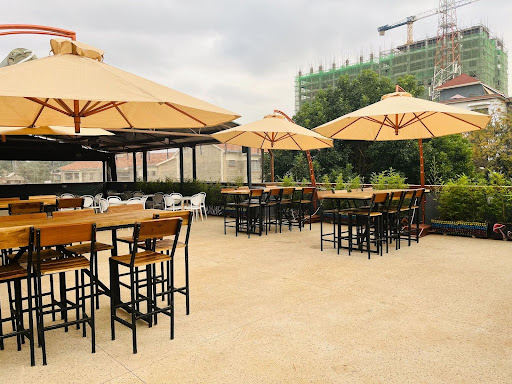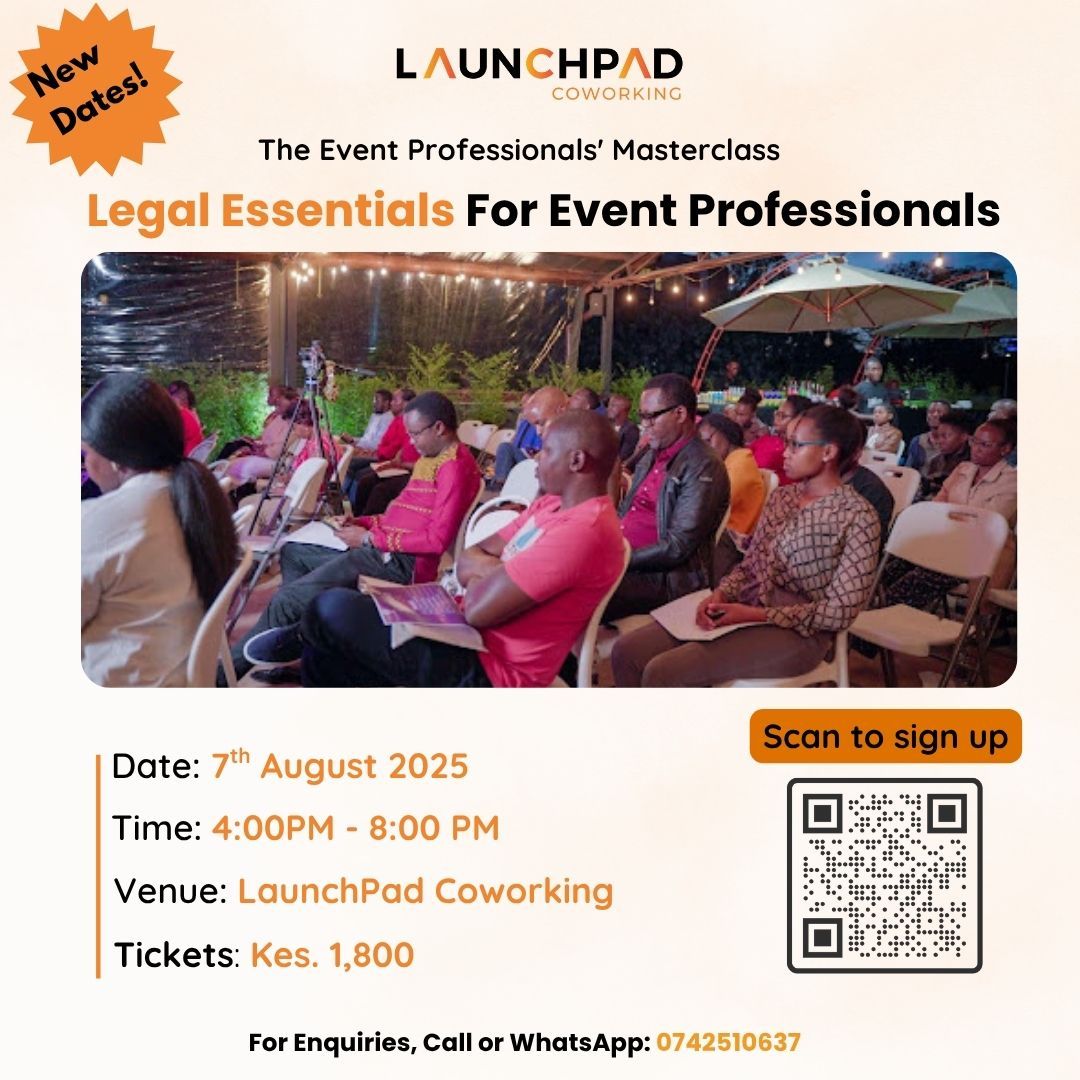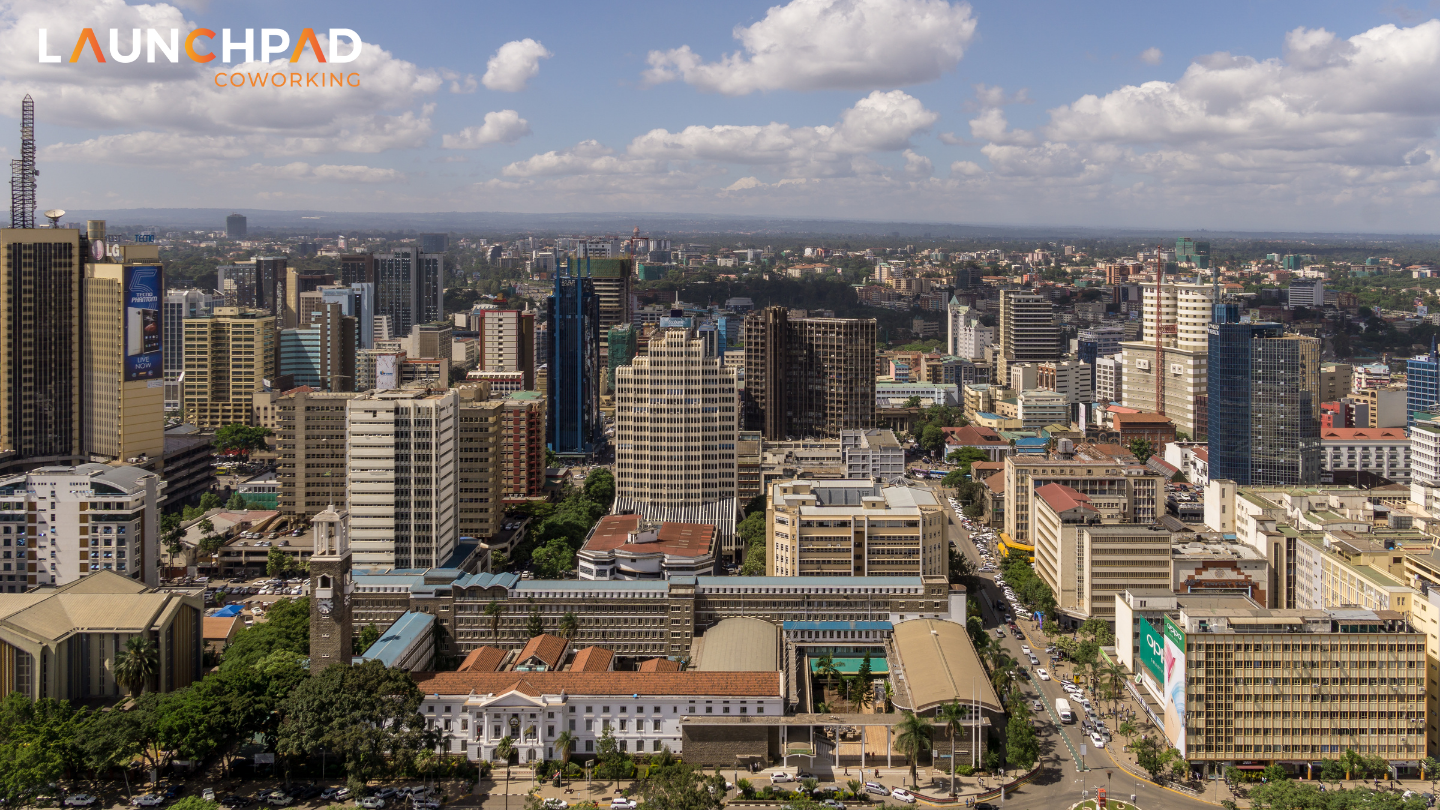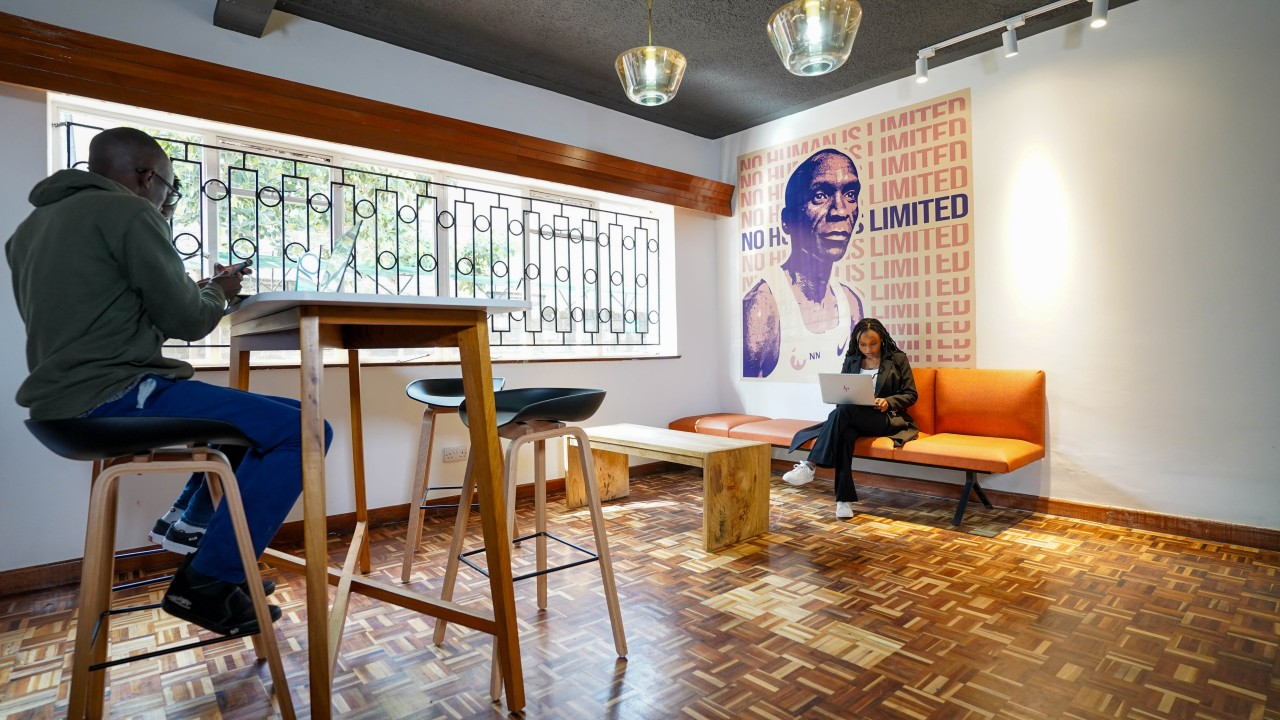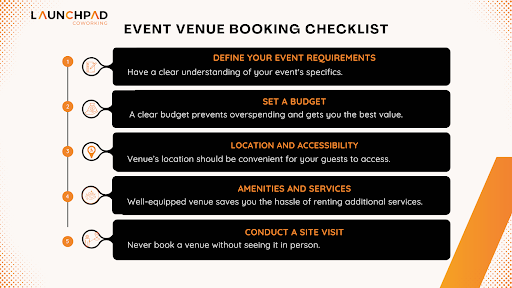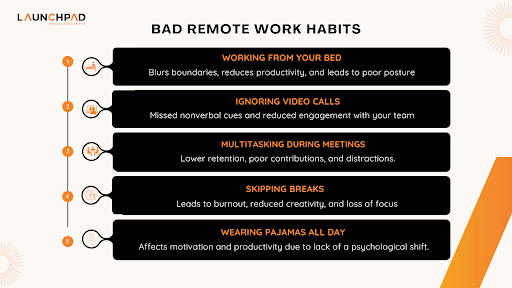Navigating event finances can be a tough hill to climb for many event planners in Kenya, whether you're organizing a high-end corporate seminar or a lively ruracio. One misstep in budgeting and you're looking at blown costs, unhappy clients, or an event that falls short of expectations. The financial side of events isn’t just about balancing figures. It’s a delicate dance that can define your reputation, profitability, and future bookings.
1. Underestimating Costs and Inaccurate Budgeting
One of the most common hurdles for event professionals lies in underestimating the true cost of executing a high-quality event. For instance, planning a wedding in Nairobi’s leafy suburbs often means dealing with hidden venue charges, unexpected taxes, and last-minute vendor price hikes. It’s easy to get caught off guard, especially if your initial quote didn’t cover the finer details. When budgets are based on guesswork instead of grounded projections, you risk either disappointing your client or eating into your own margins to save face.
2. Poor Cash Flow Management
Many freelance planners rely on deposits to lock in services, but late client payments can disrupt the whole chain. Imagine planning a graduation party and vendors pull out at the last minute because you couldn’t pay the advance. Now you’re left scrambling, potentially damaging your brand. Without steady cash flow or emergency reserves, planners find themselves walking a financial tightrope that leaves little room for creativity or confidence.
Scope creep is a quiet but powerful budget killer. What starts off as a modest 100-guest birthday celebration at a venue can slowly balloon into a 250-guest mini-festival with add-ons like drone coverage, fireworks, and live bands. Clients often shift expectations mid-way, and if you don’t lock down deliverables with detailed contracts, your profits dissolve into the demands of an ever-expanding wishlist. This challenge strikes both new planners and seasoned pros, especially in corporate settings where internal stakeholders keep adding "just one more thing."
3. Inadequate Pricing and Quoting
Vendor unpredictability is another sore spot. Prices fluctuate, service levels vary, and in some cases, payments are demanded upfront without contracts. In Kenya’s bustling event economy, where everyone knows someone who “can do it cheaper,” planners often get caught between cutting corners or risking their client’s trust. Imagine organizing a corporate cocktail event in Westlands, only for the bar service to run out of supplies halfway through, it reflects poorly on you, even if the vendor is to blame.
4. Undercharging services:
Then there’s the challenge of pricing your own services. Many planners, especially those starting out, undervalue their work to attract clients. In the long run, this sets unsustainable precedents. Whichever event you are planning, not charging appropriately can mean you’re putting in 100 hours for pay that barely covers your costs. Worse still, when financial mismanagement becomes a pattern, it erodes your business foundation, making growth nearly impossible.
How to avoid budgeting pitfalls during event planning:
Use Financial Budgeting tools
For starters, meticulous budgeting is non-negotiable. Tools like Excel sheets or budgeting software such as QuickBooks or Zoho can help you map out every shilling, from tents and chairs to permits and entertainment. Work with vendors who are transparent and sign Service-Level Agreements (SLAs) to protect yourself and your client. Use tiered pricing packages for different types of events; cocktail nights at LaunchPad Eventors' space might need a different budget plan than a rural wedding or beachside event.
Track each coin spent:
Track every coin. Financial literacy is a skill every Kenyan event professional must master. Separate your personal and business accounts. Always reserve a percentage (usually between 10–15%) of your total budget for emergencies. Pre-negotiate payments in milestones to cushion yourself from late payments. Also, consider forming vendor partnerships where trust and reliability are mutual, especially if you regularly host corporate mixers or creative showcases.
Beyond financial tools, professional support is vital. That’s where the LaunchPad Eventors community steps in. This is not just a workspace. It’s a dynamic platform designed for event pros like you to sharpen your business edge, grow your network, and thrive in a tough but rewarding industry. Whether you’re hosting an evening networking event or a cocktail-style product launch at our event space, we provide the right ambience and support for your vision to come alive.
Inside the LaunchPad Eventors community, you’ll find expert tips, collaboration opportunities, and workshops tailored to our local challenges. It’s where you’ll connect with vendors, clients, and mentors who understand what it means to plan a baby shower on a shoestring budget or deliver a five-star gala dinner for a bank. This community is where skill meets opportunity, and where Kenyan event planners rise together.
Ready to take your event planning career to the next level? Join LaunchPad Eventors today. Your ultimate destination for upskilling, networking, and collaboration in Kenya’s vibrant events industry. Let’s build better events together.
Join the eventors community!
